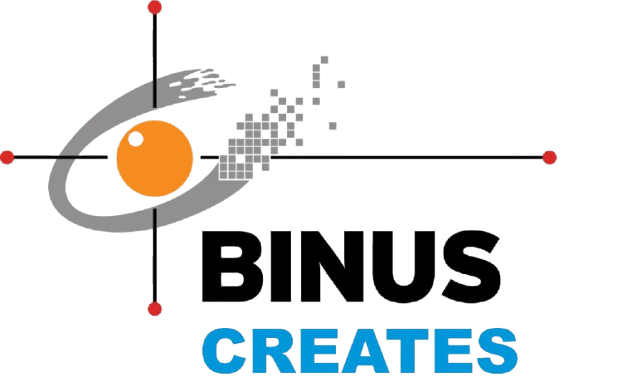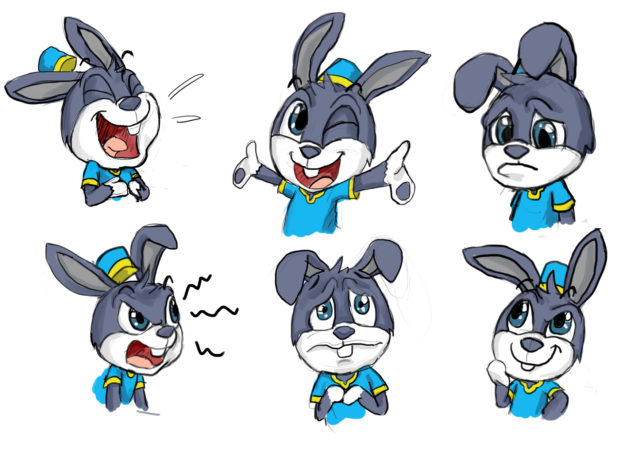THE INFLUENCE OF BRAND MASCOT IN BUSINESS DEVELOPMENT
The acceleration of the global economy requires businesses to reconsider the value proposition given to customers. The way we receive information has changed in this modern age so businesses are challenged to be more creative in increasing value.
Intellectual Property (IP) can be a powerful tool in creating corporate value. IP in mascot form is very effective for soft selling on social media. Kent (2014) in his article says that the use of mascots has a higher average than using celebrities as brand ambassadors in creating buzz or rumors on social media.
Brand ambassadors contributed up to 3.19%, while mascots such as Aflac Duck contributed 11.82%, Flo from Progressive contributed 6.85%, and GEICO Gecko contributed 6.15%.
The use of mascots is also more controlled by the company, while the activities of celebrities as brand ambassadors are more difficult and do not always get a positive response from consumers.
One of the roles of the mascot is to strengthen brand identity. Mascots for brands are different from ordinary mascots because the mascot for brands can convey the meaning, message, and value of the product or company concerned.
Determine the mascot that is suitable for your company, then the next step is to determine its personality. Choose personality that describes the characteristics of the product or company so that it does not bring negative responses from consumers.
REFERENCE:
- Kent, E. (2014, April 8). Personifying your brand: The use of brand mascots on social media.
- Pairoa, I., & Arunrangsiwed, P. (2016). The effect of brand mascots on consumer’s purchasing behaviors. Journal of Social, Behavioral, Educational, Economic, Business and Industrial Engineering, 10(5).
- van Hoolwerff, D. (2014). Does your mascot match your brand’s personality: An empirical study on how visual characteristics of a brand mascot can function as a tool for transmitting an archetypical brand personality (master’s thesis).
- Mick, D., & Oswald, L. (2006). The semiotic paradigm on meaning in the marketplace. Handbook of Qualitative Research Methods in Marketing, 31-45.



Comments :